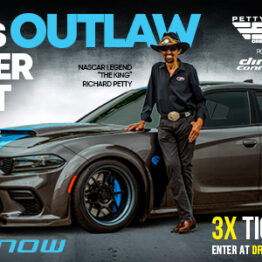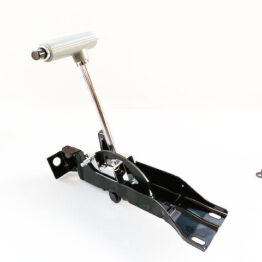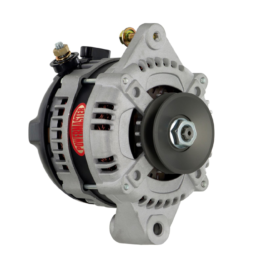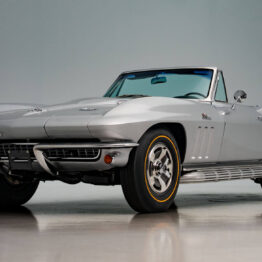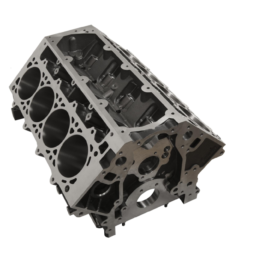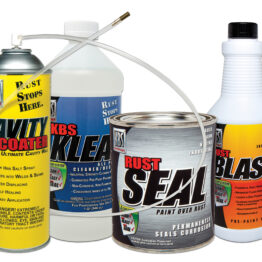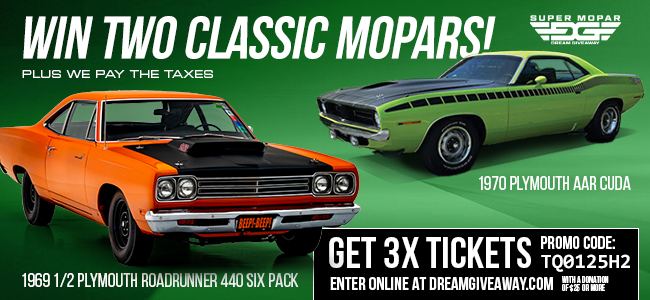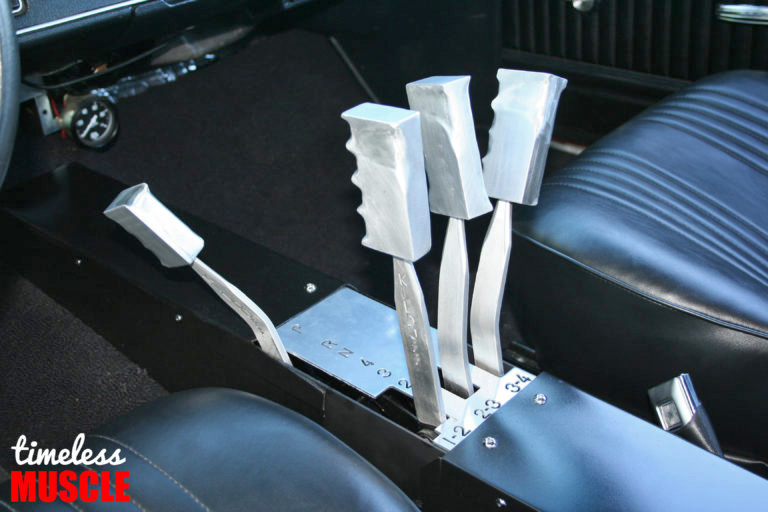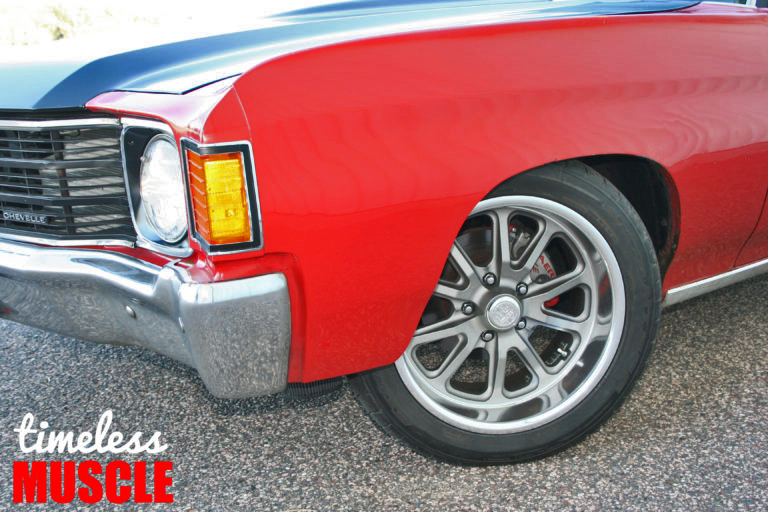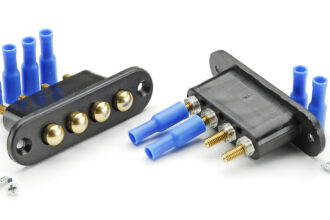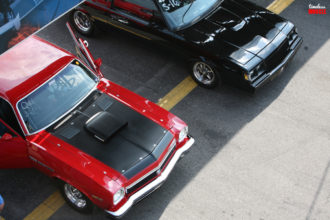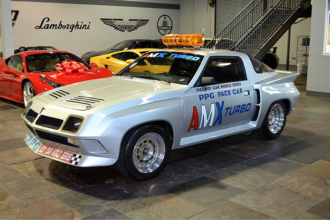photos by: the author
Bryan Flattem’s ’72 Chevelle is a Perfect Example of a Blue Collar Musclecar
All of our muscle cars have their own tale to tell. Many of them started long before we owned them and continue after we’ve sold them. For gearheads like us, it’s not unusual to jump into a project, complete a lot of work in a relatively short period of time, and begin enjoying the car immediately afterwards. Or, we buy a car that needs work, and then we add our own personal touches, enhancements, and upgrades as we see fit, as time and money allow. This 1972 Chevelle Malibu is a good example of the latter.
For Bryan Flattem, this Chevelle was bought from his wife’s Aunt in the year 2000 after languishing under a plastic tarp for a while. The tarp was both a blessing and a curse. While it served to protect the car from being damaged by ice in the winter, it also scratched the paint, stealing its gloss with a constant beating.
The car needed a lot of help, as it didn’t run and all four tires were flat, and the chassis was painfully close to the dirt, but hadn’t sunk into the mud yet. Bryan dug a channel under the car to get a jack beneath it and disconnect the driveshaft to roll the car out of the ruts. Once home, he was able to get it running and begin the process of repairing and upgrading whatever he could.
Bryan did as much of his own work as he could, which was most of it. He runs the parts counter of a Chevy dealership, so a lot of repurposed factory goodies have found their way under the ’72. For example, the engine is a ’99-era Vortec 350 that had spun a bearing. It was rebuilt to stock specs with only minor porting and a valve job accomplished. The electronic fuel injection system is controlled by a factory GM computer donated by a Corsica.
The intake manifold is a Weiand Stealth Ram with a factory Typhoon throttle body. A GM truck serpentine belt system was installed to power the A/C and power steering systems Bryan wanted. The engine got some help from Chris Pittman (assembly) and TPiS (dyno tuning) before it found a home in the Malibu’s engine bay.
The warmed-over small-block made right at 400 peak horses on the engine dyno, which was enough to get this project moving in the right direction. Backed by a 4L60 (non-E) automatic overdrive transmission (equipped with a Trans-Go shift kit) the drivetrain is super reliable and delivers good performance and fuel economy…just like Bryan had hoped.
At all four corners, the wheels and tires are new this year. Bryan has run a few different styles and sizes over the 17 years he’s owned the car, but the current “Rambler” wheels (by US Mags) in 17×8 in front and 18×9.5 in the rear are his favorite. The tires are sticky Nitto 555s in 245/45-17 and 295/45-18 front and rear, respectively. Putting those Nittos to work has become somewhat of a quest for Bryan.
The car’s handling characteristics in stock shape were pretty sketchy compared to the newer cars he’d become used to driving, and he knew that some well-chosen bolt-on upgrades could really help the car turn and stop with more confidence. Bryan worked directly with the local experts at Viking Performance to get a matched shock/spring package that would improve the feel and ride quality of the car.
 He added their coil-overs in front along with a Hellwig anti-sway bar, while the rear gained another pair of Viking coil-overs, which makes setting ride height pretty easy. The rear control arms above and below the 4.10:1-geared 12-bolt rear axle were swapped out for boxed Southside Machine pieces, and Edelbrock strut rods connect the upper and lower control arm mount points for additional support.
He added their coil-overs in front along with a Hellwig anti-sway bar, while the rear gained another pair of Viking coil-overs, which makes setting ride height pretty easy. The rear control arms above and below the 4.10:1-geared 12-bolt rear axle were swapped out for boxed Southside Machine pieces, and Edelbrock strut rods connect the upper and lower control arm mount points for additional support.
Inside the car, the original white upholstery has been swapped out for black, and several new goodies were added. Some additional instrumentation, an improved stereo system, and a home-brewed console really stand out, but it’s the crazy Kilduff Machine 4-stick shifter that attracts the most attention. It works a lot like the Lightning Rods shifter setup from back in the ‘80s but is designed for late-model overdriven automatics.
The body and paint remain as they were when Bryan found the car all those years ago. He’s buffed up the paint to get as much shine out of it as possible, but that blue tarp really did a number on it, leaving it impossible to get a real glassy finish. Bryan has added a new bulge hood from Goodmark, which looks pretty cool considering it’s unpainted.
Certainly Bryan would love to have a fresh paint job and finish the car off the way he’s always dreamed. But, he’s been working around, inside, and under the car to make it work right first. We can totally respect that, and we know it’ll get paint one of these years. Until then, it’s an imperfectly fine example of a home-built hot rod Malibu on a budget, with the owner’s fingerprints all over it.
We love that it’s a long-term project that keeps getting better every year, and hasn’t broken the bank yet. Bryan’s got a family to raise, so his priorities remain in the correct order…but that doesn’t mean he can’t have a little fun with his vintage Chevelle!
After spending almost a decade in the aerospace industry, Scott Parkhurst chose to learn about racing engines by working in some of Southern California’s most respected engine shops. He took on the role of Tech Editor at Popular Hot Rodding magazine back in 1998, and was instrumental in the development of both the Engine Masters Challenge competition and Engine Masters Quarterly magazine. He was also the founding Editor of Street Thunder magazine and Author of the V8 Horsepower Performance Handbook before he arrived at Timeless Muscle.

